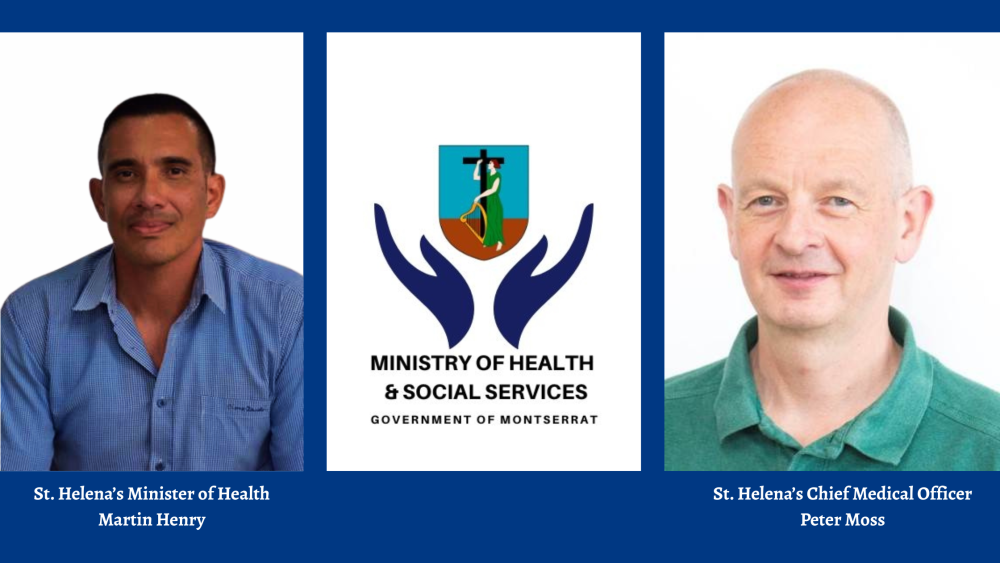
BRADES, Montserrat – The Department for International Development (DFID) says although the recurrent domestic revenue is down by 15% it is hopeful that the government’s efforts to curtail spending and continue work to boost the private sector will improve Montserrat’s economic position.
According to the Aide Memoire released after the visit of a DFID team September 27-29, 2010, the recurrent local revenue is about 15% below estimates for the first five months of the fiscal year. They noted their continued willingness to work with the Government of Montserrat to overcome the various challenges it presently faces towards economic sustainability.
“It is expected that some of the shortfall will be made up over the next seven months with the expected seasonal upturn and the impact of increased public sector construction activity. Broadly some 15% of capital expenditure on construction is recovered indirectly in the taxation of those employed in project execution, and the delays in the approval of a number of construction projects over the last 6-12 months have certainly had a revenue impact.
“Expenditure appears to have been kept close to, or even below the Estimate figures for all but a few items. Indeed, expenditure on personal emoluments (which accounts for some 45% of total recurrent expenditure) is, for the five months to August, well under the provisions made – in part due to the freeze on new appointments imposed by ExCo. The major exception to the generally solid position on financial management is the under-provision for the MVO and related contracts by about EC$6.2m – this is of particular concern, given the vital role which the MVO plays in Montserrat, and the shortfall will need to be met from savings found elsewhere,” the report stated.
The DFID team of comprising Malcolm Geere (Head of Overseas Territories Department), Roger Clarke (Montserrat Programme Manager, OTD), and Garth Armstrong (Economic Adviser, OTD) said in the report real progress has been achieved in a number of areas. “…For example the passing of integrity legislation and the Public Finance Act, the execution of the geothermal survey, and the creation of the Montserrat Customs and Revenue Service. But areas such as outsourcing, healthcare reform, and the production of a Private Sector Development Strategy have yet to see significant movement.
“…Two DFID Governance Advisers will visit Montserrat in October and will address the issue of capacity constraint. DFID is ready to provide additional support to strengthen capacity, and encouraged GoM to use the HR adviser in the PSRU to undertake a strategic workforce assessment to identify critical short/medium-term capacity gaps, the progress report read.”
ENDS
Discover more from Discover Montserrat
Subscribe to get the latest posts sent to your email.



